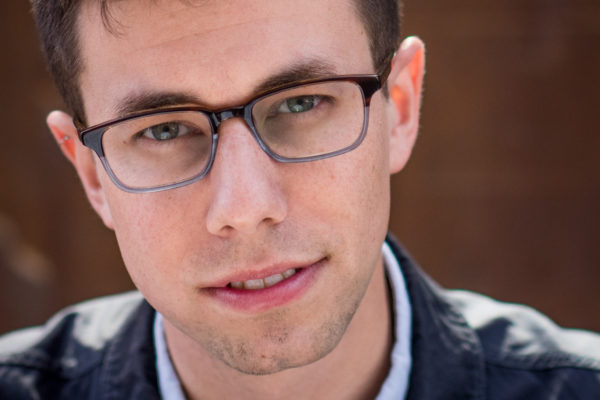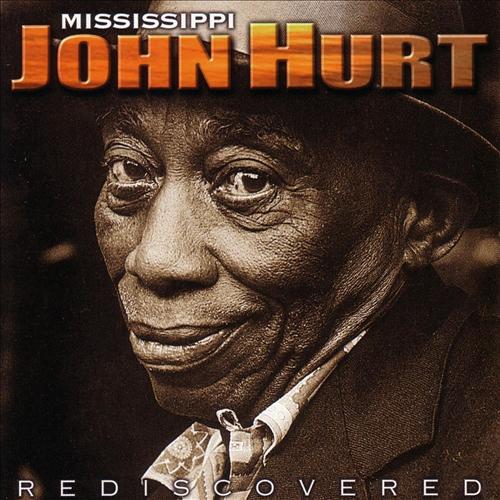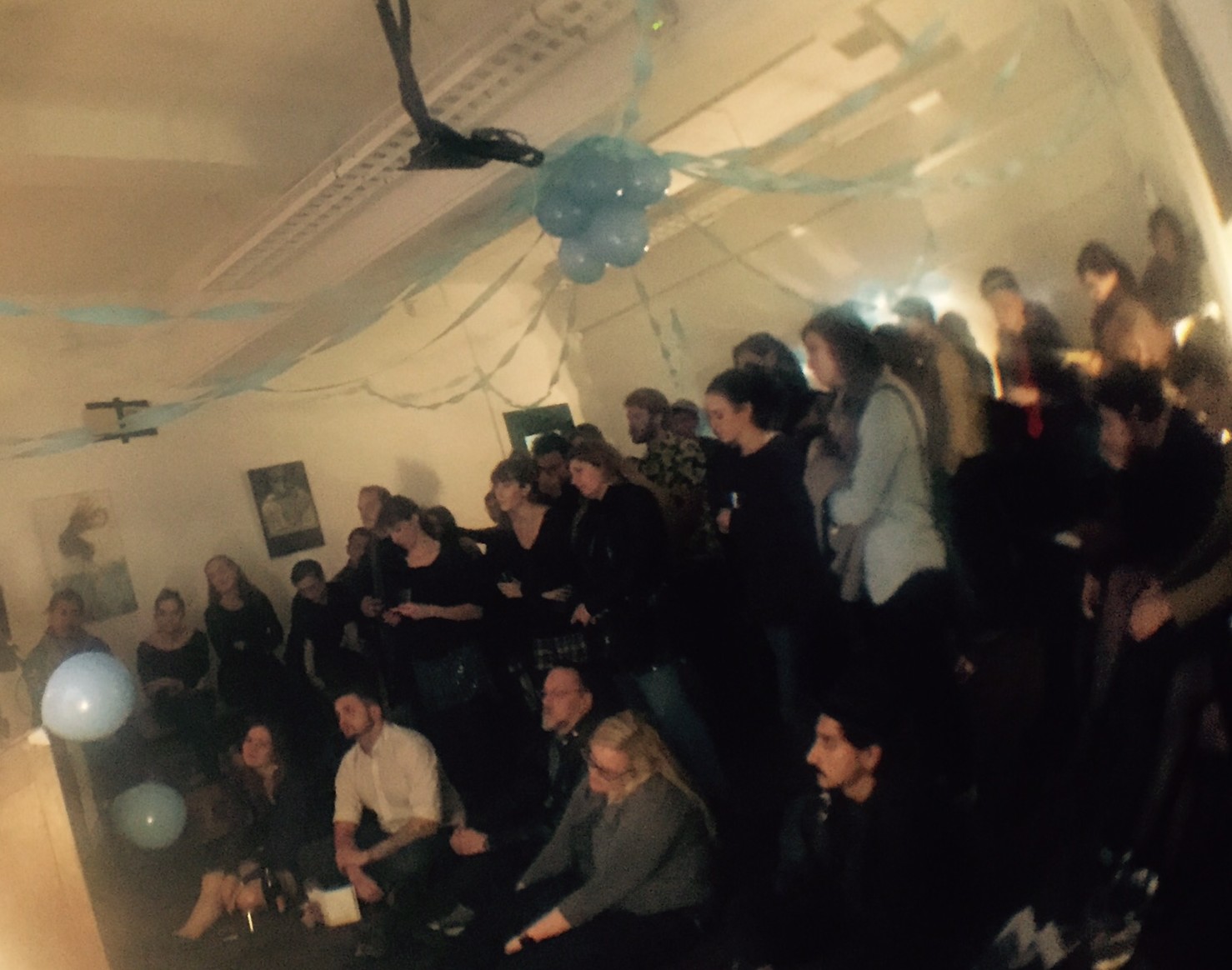By Lucas Gonzalez
I first met the poet Jacques Rancourt in San Francisco in 2015. An interesting anecdote about the small and interconnected universe we writer-types live in: Mr. Rancourt, as he was then known to his students, recently filled a teaching position, one that I had just left, teaching middle school in sunny Palo Alto, California. It felt inspiring to meet an accomplished young poet of my own generation who spoke so passionately about poetry and education. The more I got to know Jacques and his work, the more I began to look forward to the release of Novena, his first collection of poems. As a poetry anchor here at Columbia Journal, I took the opportunity to speak with Jacques about this compelling new book. The poems of Novena encompass geography place, of heart, of the search for self, driven by a voice whose lyrical intensity opens up panoramic visual and emotional landscapes.
Lucas Gonzalez: First of all, congratulations on this first collection of poems, Jacques. Your poems are very frank and open with a kind of inviting honesty and at-time confessional quality. I’ve rarely read a poet so willing to break down the barrier between the speaker and the poet right away! Tell me a little more about the opening poem, “Hello My Name Is Also Jacques Rancourt,” the one that memorably begins Novena. Did you have an idea in mind by opening your first collection with this poem?
Jacques Rancourt: At first, I resisted opening Novena with this poem. It felt too cute, too loud or self-inflated or solipsistic, especially in that crucial position. However, I needed a poem to declare the book’s major themes—that is, an inheritance of masculinity and queer isolation in a spiritual wilderness—all at once. Furthermore, this poem burrows a translated line from the Parisian poet who also shares my name and who also was born in the same town—Lac Megantic, Quebec—as my father. So this poem is also about an artistic inheritance, too. For these reasons, there was no other place to put it except at the start, but it took several of my most trusted readers telling me so before I began to see it. The first poem in a book sets a sort of tonal contract with the reader, and I like what “Hello…” is doing in that context.
LG: Do you remember a specific moment you first start writing or becoming attracted to poetry? Was there a moment you knew you were inevitably a writer?
JR: I fell in love with short fiction first, and for many of my early years as a serious writer, I wrote only stories. My favorite writer was Amy Hempel, and I must have reread Reasons to Live close to a dozen times during my undergraduate. As a result, eventually my own stories became distinctly less narrative, more elliptical, more open with their closures and suggestive with their images. They rarely broke a page, and eventually stopped having dialogue altogether. When I started reading poetry because my roommate (the poet, Matthew Luzitano) had taken a class and handed me a pile of poetry books that he said I had to read, it struck me that this was what I, all along, had been trying to do.
I’ve always known I wanted to be a writer; it was the only thing I ever seriously considered for myself. I have dyslexia and was a hyper-energetic kid, which kept me illiterate until hallway through middle school. But I would dictate stories to my mother who would dutifully copy them down and collect them in a blue folder. Once I could read and write, I immediately launched myself into writing horror and fantasy novels, which sustained me until I got to college.
LG: Who were some of your primary influences when you began to write poems? Did they inspire any kind of poetic philosophy about the kind of poetry you wanted to write?
JR: The first contemporary poets I loved were Mark Doty, Robert Hass, Brigit Pegeen Kelly, and Terrance Hayes. I don’t know if they inspired a philosophy that I could have articulated back then, except that there’s a deep-set sincerity to their poems and their treatment of metaphor and images that certainly informed how I approached (and still approach) poems.
LG: Here at Columbia Journal, we’re a publication run mostly by MFA students; tell us about your time at University of Wisconsin-Madison! How did your MFA impact your development as a writer? What advice would you give young writers who are looking to hone their craft?
JR: I can’t speak highly enough of the MFA at UW-Madison. It’s a small program—only six poets, and only one genre accepted a year. This could have been a disaster if I wasn’t placed with some of the kindest, smartest, and most supportive poets imaginable. Furthermore, I met with a poet in my cohort—Bri Cavallaro—for the next three years for a weekly writing date. We’d share poems, submit to journals, and gossip about “PoeBiz.” This exchange completely changed my work and ways of approaching poetry. One of the most useful adjustments to my thinking was the moment I decided I wasn’t studying poetry anymore, but actually writing it. This sounds silly, but I think there is a danger in these writing programs of setting the bar too low, and by limiting oneself by even just identifying as a “student.” Holding your own work honestly to that of your favorite writers is the only way to push forward.
LG: That’s great advice. You’ve taught poetry in the past and now work as a full-time middle school English teacher; how does life as a teacher gel with life as a poet? In what ways does poetry find its way into your classroom?
JR: It’s been tricky, I’ll admit, to balance working full time (and a job as brimmingly full as teaching middle school) with being a poet. I was lucky enough to be sheltered by fellowships for several years after the MFA which gave me the time to really hone my craft and finish Novena and start a new project. Now my time is much more precious. If I’m on top of my game, I can carve somewhere between 6-8 hours a week for my own work, though it comes at a price of stretching myself rather thin during the school year. One reason I was excited to teach middle school students, in particular, is that they have no preconceived notion of what poetry is and isn’t. I’ve taught enough high school and undergraduate students to know they already have a pretty firm opinion of what poetry is and how much they like it (usually that they don’t). My younger students still have a love for sound and language that hasn’t been beaten out of them. This year I’ve been focusing on poetic form and poetic lineage with my 7th and 8th grade classes, and really letting them dictate how far we go with it. I’ve been amazed by how much they take to it, how far they’re able to go with an idea, and the connections they’re able to make between poems and the relationship between form and meaning.
LG: Let’s get into some of the details of your book. One of the most striking things in Novena is your exploration of ideas of divinity, particularly Christian symbolism. Encounters with the transcendent or numinous often live at the heart of your poems’ moments of high lyricism or dramatic insight. When did these topics become important to you as a writer? When did you realize that these ideas were important to the book itself?
JR: I once had a workshop with a teacher who described me as a “Catholic poet,” meaning that she read my poems’ use of religion with sincerity. Although I understand this read, I don’t necessarily see them that way. There’s a mixing of the sacred with the profane, and a level of mockery in the treatment of these religious icons. Where the sincerity does come through, I believe, is the reverence I still hold for those early images and metaphors that shaped my upbringing. Growing up, my family prayed the rosary each night as part of our daily spiritual practice. Now, whenever I see these religious depictions, I always feel, as Gilbert describes, a “gladness unaccountably.” My relationship to religion is, for obvious reasons, a complicated and tortured one, but there is still a tenderness. I want my poems to embody this tension.
LG: Novena has been described as a queer pastoral and certainly encompasses the tensions and textures of a coming of age story; memory, landscape, distinct characters and voices, disquieting yet affirming parables. Of course, the subversion of the traditional symbolism, the sort of kaleidoscopic modes of devotion and spiritual ecstasy are all at play in the title poem. How difficult was it to find that unique sense of harmony between Novena’s dual religious themes and exploration of queer identity? Did you have a goal in mind in juxtaposing these possibly adversarial paradigms?
JR: The very first poems I wrote were not far—at least in terms of subject matter—from the poems that would make up Novena: that is, they view queerness through the lens of Catholicism, and they view Catholicism through queerness. I couldn’t help it; I couldn’t untangle these two divisive aspects of my identity. My loss of faith, my coming out, and my coming to poetry all happened at once. It felt like a sharp dividing line in my person human development. When I began writing the title sequence of the book, I wanted to create a spiritual icon who could connect the person I am now to the person I used to be, who could solace that queer but fiercely devout kid. I wrote Novena as a love poem to that troubled young teen I once was.
LG: The tradition in Novena reaches back to other poets who took their cues from various forms of divine inspiration; Milton, Blake, and Homer, for starters. Novena certainly has the feel of a speaker who is channeling various ineffable energies throughout. Do you think poetry itself wields a kind of spiritual power?
JR: Poems ask us to be attentive to shifts in sound and syntax, to open ourselves to surprise, to listen with rapt scrutiny. At the risk of conflating or confusing the day-in-day-out work poets do with a sort of spiritual practice, I do think they wield a spiritual power and thus share a similarity with prayer. Some of the first poems I encountered were David’s conflicted Psalms and the seductive lyricism of the lovers in Song of Songs. I suspect this is the case for many people for whom literary poetry is outside their world. There’s a tendency in the poetry community to downplay the power poetry has on the larger world, due to its limited commercial outreach. But I think it’s too constrictive to think of poetry in this way; there’s poetry in politics, in religion, in advertisement, and no one would question that their social effects and influence reverberate endlessly.
LG: I would love to hear more about your practice and craft as writer, as well your overall approach towards writing poems. What were the first and last poems you wrote for inclusion in Novena? What was the process like of crafting these poems between those two points in time?
JR: The earliest poem was written in the fall of 2009 (“Song for the Homebound Men”); the newest poem (“The Drought”) was written in winter of 2015. Between these two dates, I wrote close to 600 poems. This has been my practice as a poet, to write feverishly and to throw poems away liberally. Occasionally a line from one poem will compost into a new poem, but more often than not, I chalk these poems up as learning experiences. I try not to think of the unpublishable poems as failures, because I needed to write each of them in order to grow as an artist.
LG: Where can we see, hear, learn more about your work and about this new book?
JR: I am traveling to a few states this spring and fall to give a number of readings. (Please also visit jacquesjrancourt.com)
LG: Have you read any first books of poems lately that have inspired you?
This is a very exciting and rich time for first books. There’s a slew of books debuting this spring that I’m super excited about, such as Late in the Empire of Men by Christopher Kempf, In Full Velvet by Jenny Johnson, June in Eden by Roaslie Moffett, Into Each Room We Enter Without Knowing by Charif Shanahan, Telepathologies by Cortney Lamar Charleston, The Virginia State Colony for Epileptics and Feebleminded by Molly McCully Brown, and When I Grow Up I Want to Be a List of Further Possibilities by Chen Chen.
LG: Looking ahead, do you have any new writing projects on the horizon?
JR: I’m wrapping up a new project called “Covenant.” When I first moved to San Francisco, I was struck by how little memorialization there was of the AIDS crisis in this historical holdout city. More important than its physical gentrification was the way in which my generation, in a time of PrEP, had little concern or acknowledgement of the past. They lived in a bubble where this tragedy didn’t and wouldn’t affect them. I wrote this sequence not only to better understand my own history, but to speak out against forgetting and against the absolution my generation granted themselves from this chapter in our queer narrative.
Jacques J. Rancourt is the author of Novena, winner of the Lena-Miles Wever Todd prize (Pleiades Press, February 2017). He has held poetry fellowships from the Wisconsin Institute for Creative Writing, the Cité Internationale des Arts in Paris, and Stanford University, where he was a Wallace Stegner Fellow. His poems have appeared in the Kenyon Review, jubilat, New England Review, Ploughshares, Virginia Quarterly Review, and Best New Poets 2014, among others. He lives and teaches in the San Francisco Bay Area.
Lucas Gonzalez was born in New York City. His first novel, Maple Machine (2006), was published by 826 National (McSweeney’s Press). A 2016 Pushcart Prize nominee and a winner of the Robert Haiduke Poetry Award at the Bread Loaf School of English, Lucas holds an MA from Middlebury College and is currently an MFA candidate in Poetry at Columbia University. His poems are forthcoming in such print and web publications as Stone Canoe, Forage Poetry, Ink Node and Noise Medium.




